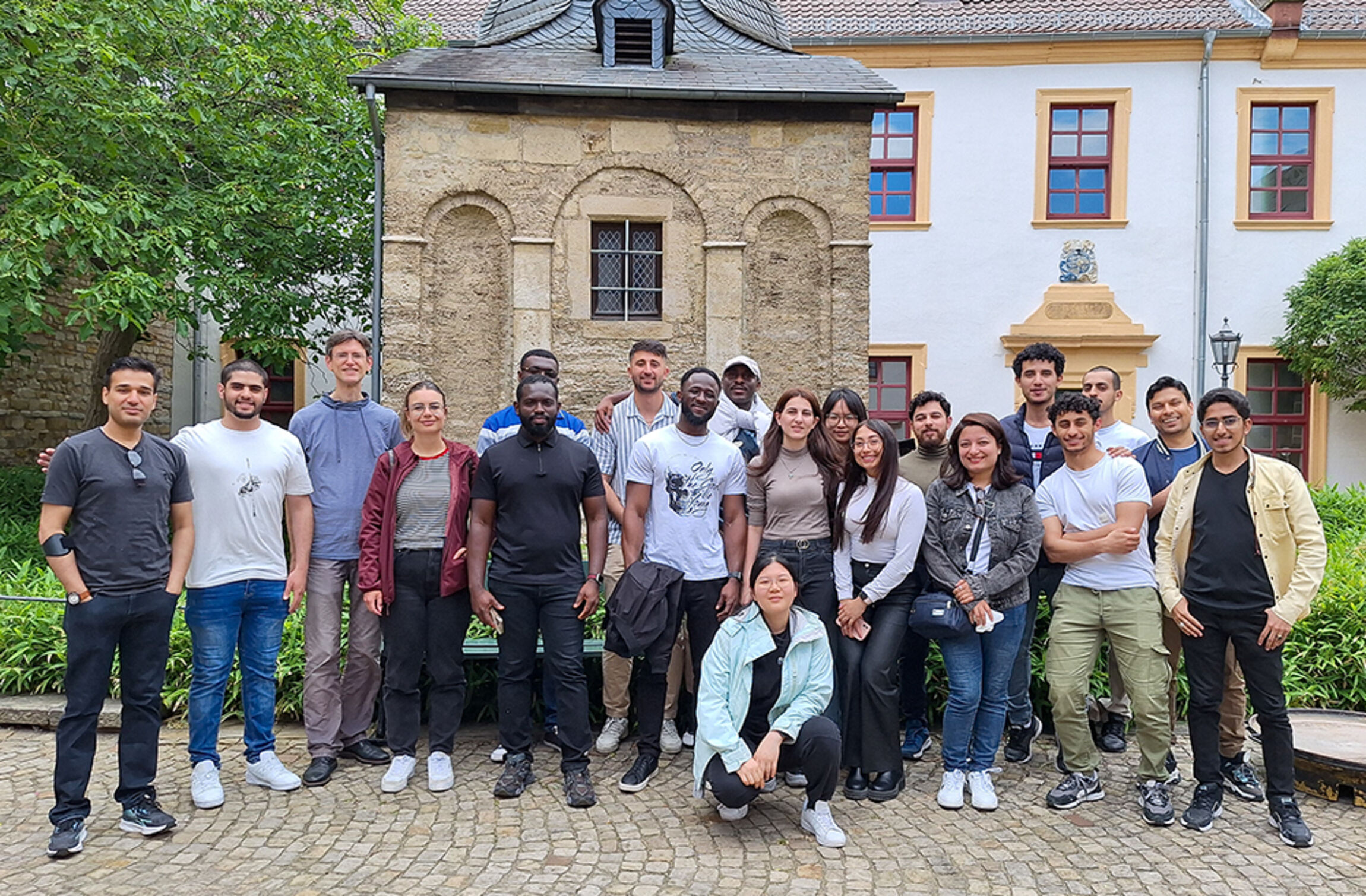Afterward, we continued the political science seminar with a session on “Activist Struggles for Health Justice” by Felix Litschauer, a global health advocate at medico international e.V., Frankfurt. He began with the history and mission of medico international, which has been promoting the human right to health for 50 years. They do this by providing medical units and supplies, and medical drugs for countries facing natural disasters, then shifting to addressing political and social problems, root causes of diseases, supporting movements, and campaigning on global issues. When the World Health Organization (WHO) adopted the primary health care approach in 1978, movements like the People’s Health Movement (phmovement.org) emerged, providing a platform for activists in every country to advocate for better health.
We learned to identify the root causes of diseases, the contributing factors, and the outcomes. For example, in the case of malnutrition in small children, it is crucial to address the root causes rather than just treating the symptoms, ensuring that the health improvements are sustainable. We also discussed how diseases often stem from behavior, knowledge about first aid, environmental factors, and local or national policies. This clearly showed the connection between health and social life. For instance, in Chicago, a poor person has a life expectancy of 60 years, while in a wealthier area, life expectancy can increase to 90 years. Felix concluded that poverty directly affects life expectancy.
He then asked us to consider the social determinants of health, such as education, nutrition, and housing. However, there are many others, including water and sanitation, environmental climate, working conditions, accidents, violence, discrimination, lack of social integration, and psychosocial stress. The goal of health equity is to provide healthcare that addresses these social determinants. Using the river analogy, Felix explained that downstream represents medical care, the middle of the river represents preventive measures like education, and upstream represents policies that make the riverbank safe, preventing people from falling into the river in the first place. Health is a human right, and it is the government’s responsibility to provide healthcare for its citizens.
Felix concluded his session with group work from three different country perspectives: Germany, South Africa, and Lebanon. We were given real cases along with scientific papers to help us sharpen our skills in reading, summarizing scientific articles, and identifying root causes, a concept we had just learned in his session. In the end, we discussed how we can contribute to health justice.










